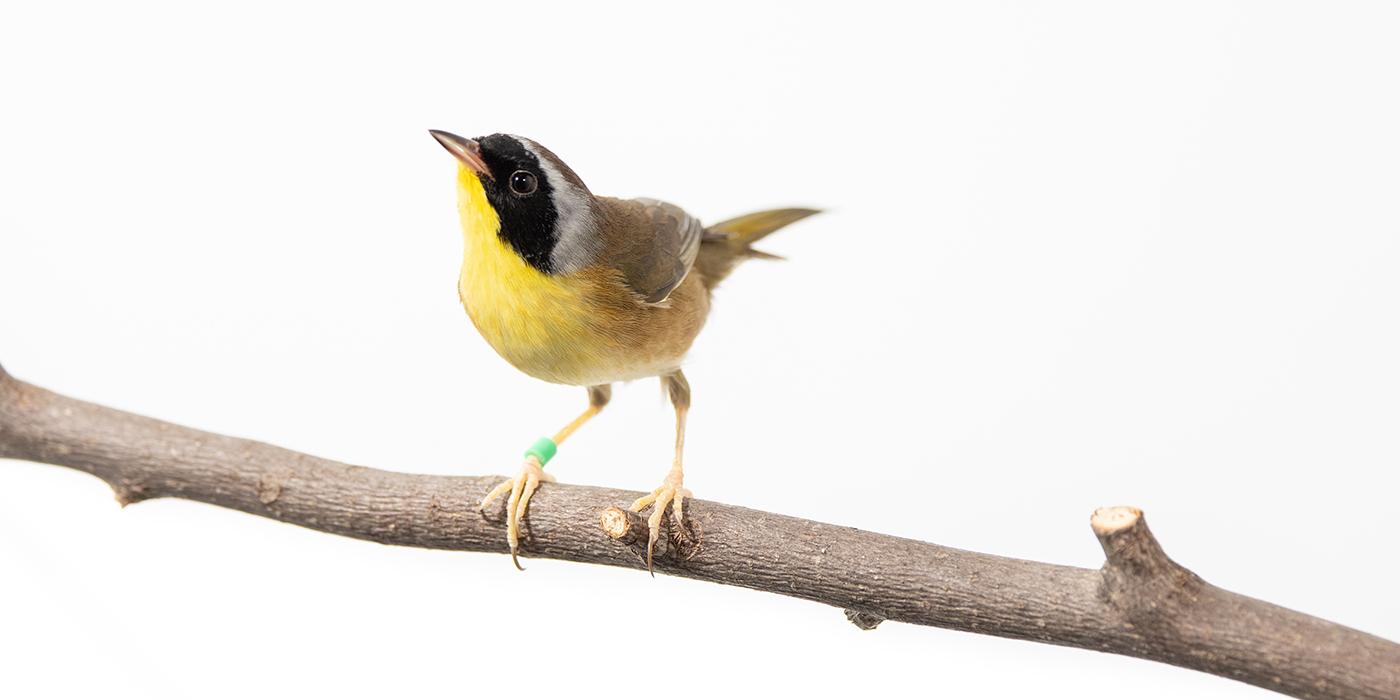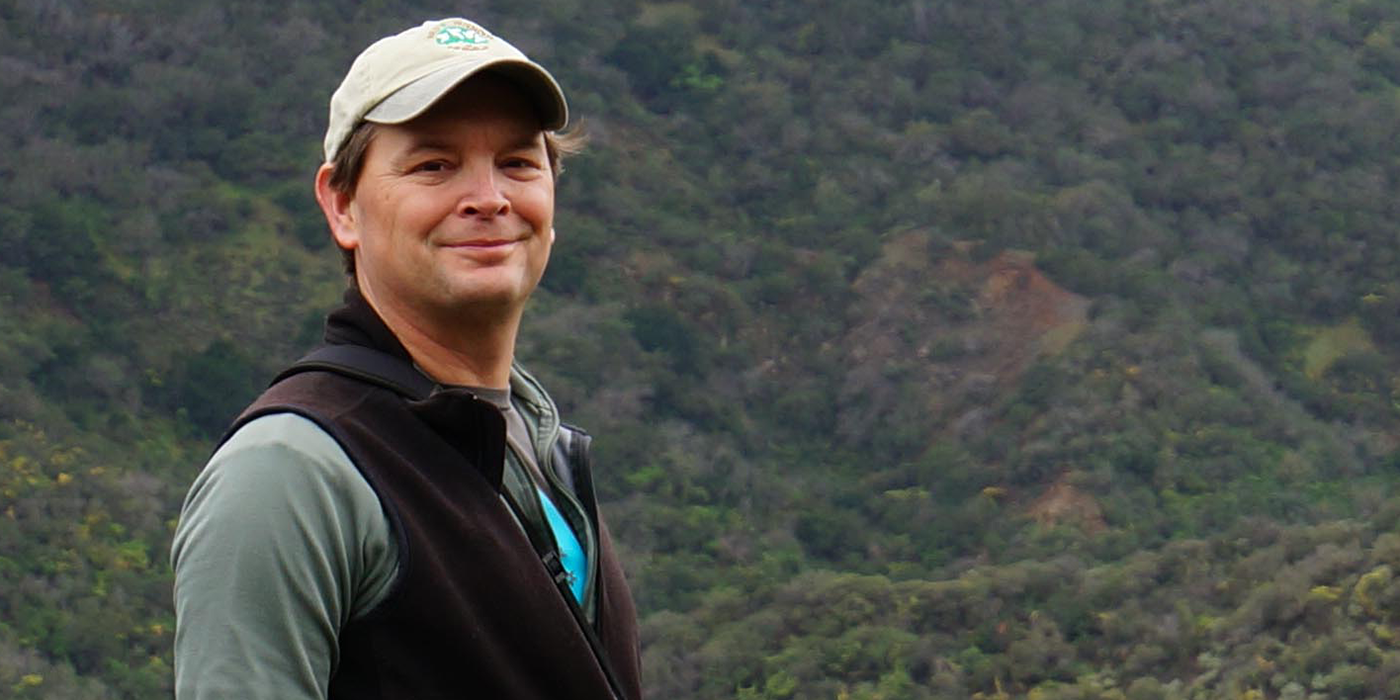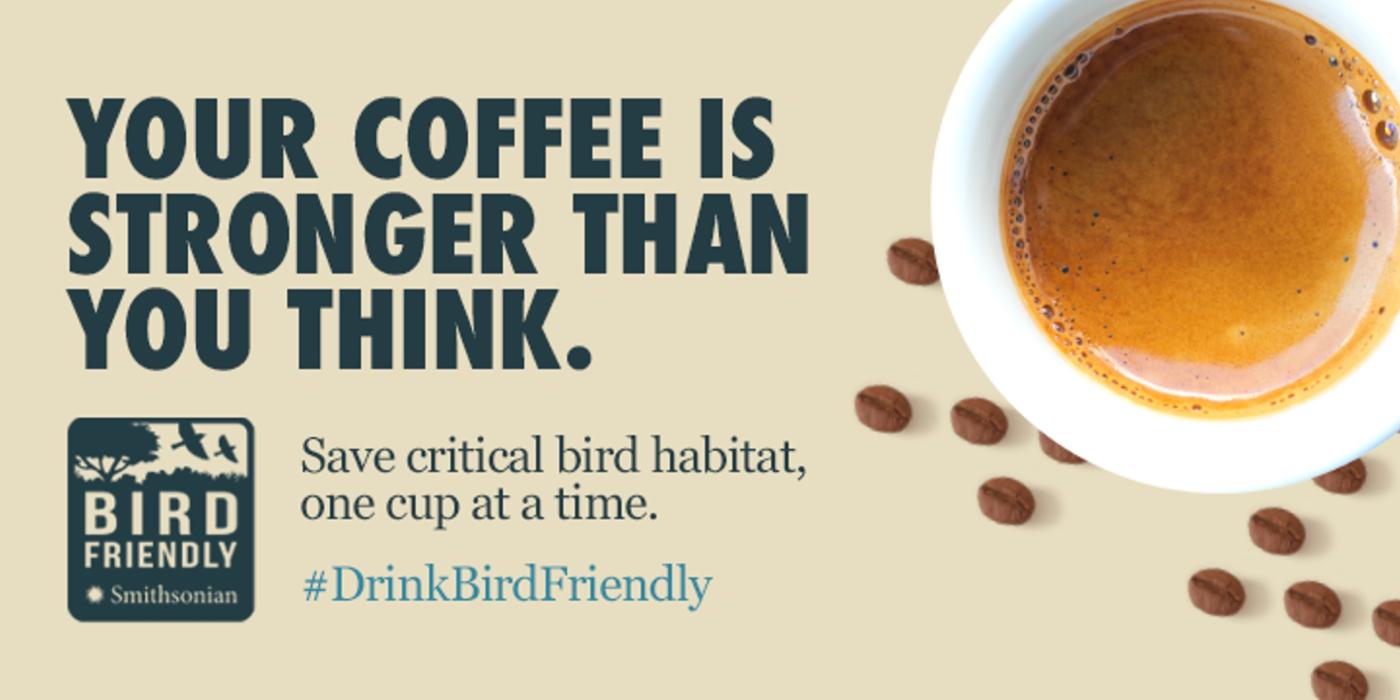Report Shows Bird Friendly Shade Coffee Farms Are the Next Best Thing to Natural Forest
A Smithsonian Migratory Bird Center review of more than 50 studies in regions ranging from Central and South America to Indonesia over the past 15 years demonstrates that shade-grown coffee farms far outshine sun-grown coffee farms when it comes to sustainability measurements.
According to a report released today by the Center, The Ecological Benefits of Shade-Grown Coffee: The Case for Going Bird Friendly, the shade-grown farms demonstrated increased numbers and species of birds as well as improved bird habitat, soil protection/erosion control, carbon sequestration, natural pest control, and improved pollination.
While sun-grown coffee systems can have higher coffee yields, the shaded farms easily outperform them in terms of sustainability, with the forest-like setting providing an array of ecological services that offer both direct and indirect rewards to farmers and the environment. The studies support the notion that the ecological benefits of shade-grown coffee are as high-quality as the coffee itself—the taste of which can greatly improve with a shade cover.
The Smithsonian Migratory Bird Center makes the case that shade-grown coffee production is the next best thing to a natural forest, putting to rest any arguments about the long-term sustainability of a sun-coffee system. For example:
- Coffee plantations in southern Mexico (Chiapas) provide habitat for 180 species of birds (46 being migratory), a richness rivaled only by natural forest habitats in the region. In the same region, nearly 60 percent of forest birds used of BF farms, compared to only 40 percent in non-BF farms.
- A study in Nicaragua showed that open-sun coffee lost more than 2.5 times the soil from erosion compared to a shade-grown coffee on the same hill sides.
- Biological control by birds acting as predators on the Coffee Berry Borer in Jamaica was calculated to be worth 75 dollars per hectare in 2005, averaging 1,004 dollars per farm studied. This equals approximately 30 percent of the per capita gross national income for that time.
”While a shade-grown coffee system lacks the complexity and richness of untouched forests, for an agricultural land use it is impressive how diverse and complex these agricultural lands are,” said Robert Rice, author of the report with Mauricio Bedoya and coordinator of the SMBC’s Bird Friendly standard.
The standard is considered by many to be the “gold standard” for shade-grown coffee given its science-based requirements and the pre-requisite that the coffee production be certified organic.
Rice will present on October 7 at the Songbirds and Migration: Making the Connection event at 6:30 p.m. at the Royal Ontario Museum hosted by Toronto roaster Birds and Beans. He and SMBC education specialist Susan Bradfield will also staff a booth (3867) Natural Products Expo East at the Boston Convention and Exhibition Center Octocber 14 through 16.
S&D Coffee will be providing Bird Friendly® certified coffee for the Organic Trade Show awards dinner at Expo East October 15.


